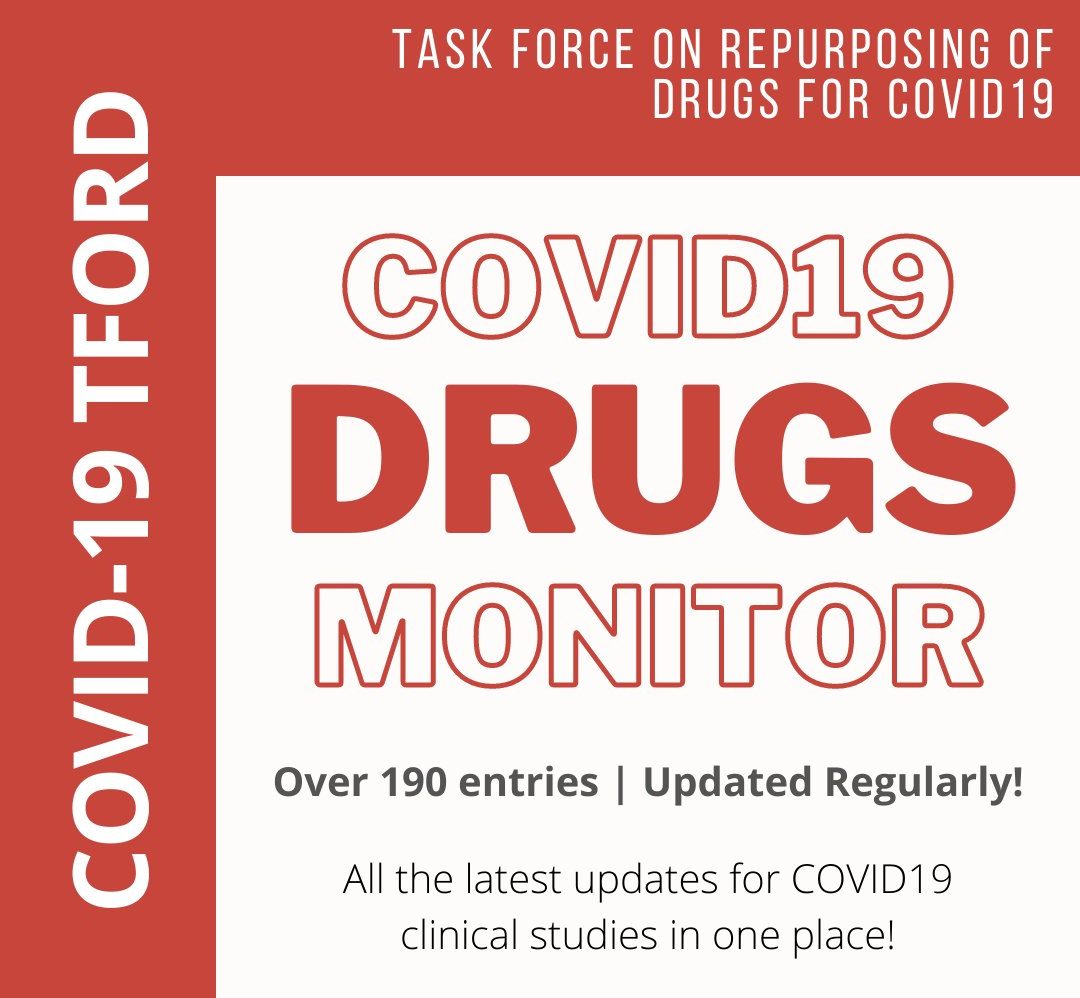(19 Mar 2021) Colchicine- 1 mg for 1-3 days followed by 0.5 mg/day for 14 days effective as a proactive anti-inflammatory
Proactive anti-inflammatory therapy with colchicine in the treatment of advanced stages of new coronavirus infection. The first results of the COLORIT study
https://doi.org/10.18087/cardio.2021.2.n1560
In the control group, the CRP levels decreased moderately and statistically insignificantly and achieved 22.8 mg/dL by the end of the follow-up period, which was still more than four times higher than normal. The most informative criterion for inflammation lymphocyte-to-C-reactive protein ratio (LCR) increased in the colchicine group by 393 versus 54 in the control group (p = 0.003). After treatment, it was 60.8 in the control group, which was less than 100 considered safe in terms of systemic inflammation progression. The difference from 427 in the colchicine group was highly significant (p = 0.003).The marked and rapid decrease in the inflammation factors was accompanied in the colchicine group by the reduced need for oxygen support from 14 (66.7%) to 2 (9.5%). In the control group, the number of patients without anti-inflammatory therapy requiring oxygen support remained unchanged at 50%. There was a trend to shorter hospital stays in the group of specific anti-inflammatory therapy up to 13 days compared to 17.5 days in the control group (p = 0.079). Moreover, two patients died in the control group, and there were no fatal cases in the colchicine group. In the colchicine group, one patient had deep vein thrombosis with D-dimer elevated to 5.99 microg/mL, which resolved before discharge. Colchicine 1 mg for 1-3 days followed by 0.5 mg/day for 14 days is effective as a proactive anti-inflammatory therapy in hospitalized patients with COVID-19 and viral pneumonia.
